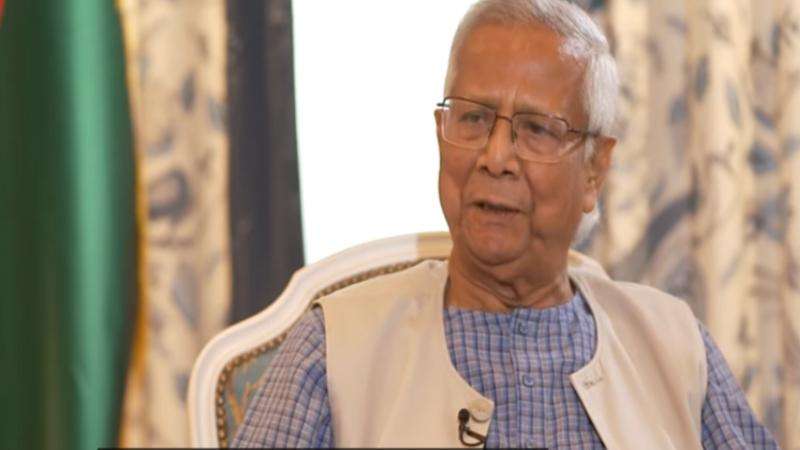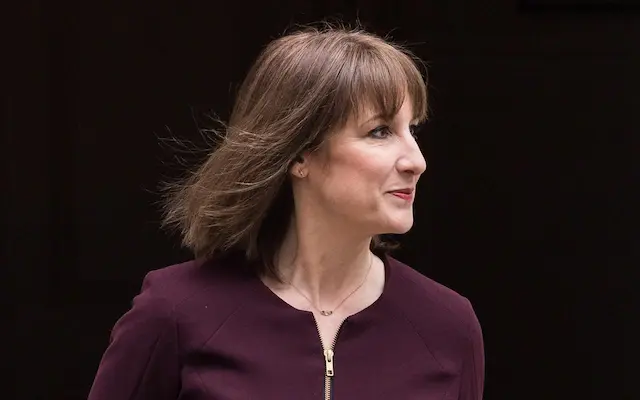Professor Muhammad Yunus, the interim leader of Bangladesh, has laid out his vision for the nation's future, emphasizing a swift return to democracy through free and fair elections, extensive institutional reforms, and a careful balancing act in international relations. His leadership follows the "July Revolution," which brought an end to Sheikh Hasina's fifteen-year rule.
Yunus has set an ambitious target of April 2026 for general elections, underscoring his unwavering commitment to ensuring a transparent and inclusive democratic process. He has firmly stated that he harbors no political ambitions of his own and looks forward to handing over power once the elections are complete. To guarantee the integrity of the vote, he intends to invite international observers, ensuring a level playing field for all political parties and empowering a new generation of voters who have not had a genuine opportunity to cast their ballots in over a decade.
A cornerstone of Yunus's interim government's agenda is the comprehensive reform of key national institutions. He plans to establish commissions tasked with recommending fundamental changes to both the electoral process and the constitution itself. Furthermore, a "Consensus Building Commission" is actively working to bring all political parties to an agreement on these crucial reforms, aiming for a unified "July Charter" that will guide the nation forward. The interim government also remains committed to continuing trials for individuals implicated in past crimes and widespread corruption.
On the international front, Yunus clarified Bangladesh's diplomatic stance. He explained that his initial visit to China was a pre-arranged commitment for the Boao Forum, not a deliberate signal of prioritizing Beijing over Delhi. He also highlighted the strong and supportive relationship with the United Kingdom, acknowledging the significance of aid but emphasizing Bangladesh's resilience even in the face of potential funding cuts.
A pressing humanitarian concern for Yunus is the plight of the Rohingya refugees. He issued a stark warning that the withdrawal of USAID funding, coupled with the absence of hope for their return to Myanmar, could lead to a volatile "explosion" in the camps. He stressed the imperative for their safe and dignified repatriation to their homeland.
Economically, Yunus's administration is focused on recovery and stabilization. Reforms are slated for the banking sector, and efforts are underway to stabilize the nation's foreign exchange reserves, aiming to restore confidence and foster economic growth.
Despite the optimistic outlook, Yunus acknowledges the profound challenges that lie ahead for Bangladesh, including deep-seated corruption and the urgent need to rebuild public trust in national institutions. He emphasized that while his government is facilitating the reform process, the ultimate shape and scope of these changes will be determined by the consensus reached among the political parties themselves.
Source-ITV
Catherine West, UK Parliamentary Under-Secretary of State for Indo-Pacific, called on Chief Adviser Professor Muhammad Yunus at his hotel in London on Thursday, confirmed by Muhammad Yunus press wing.








.svg)


